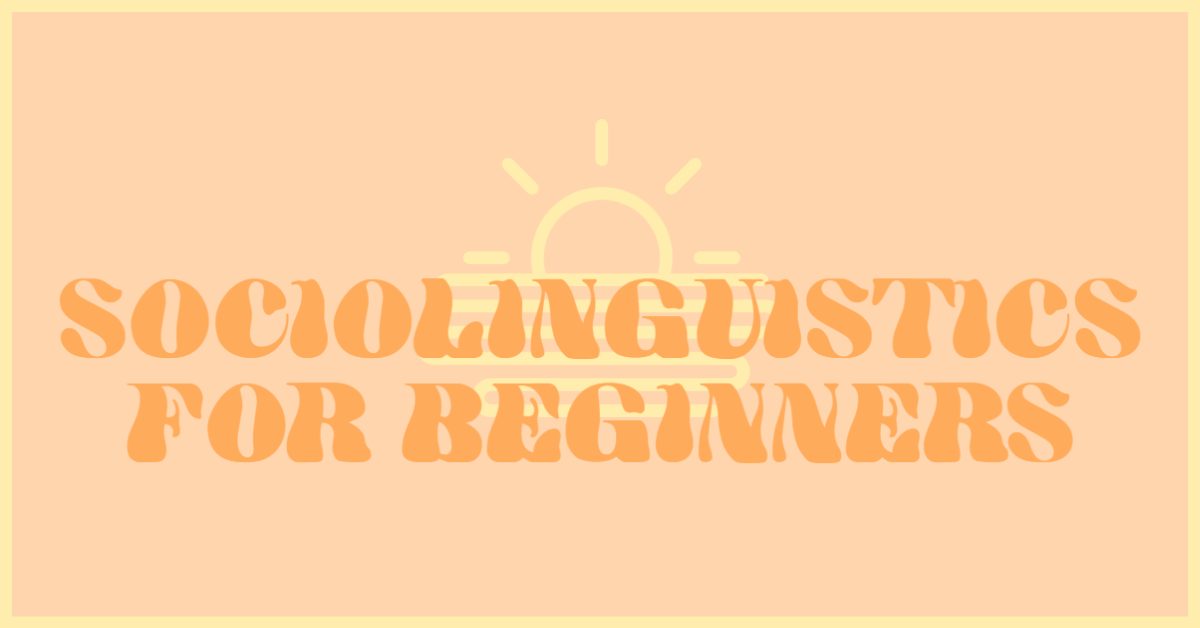|
Based on "Linguistic Facts of Life" from Rosina Lippi-Green's English with an Accent
All spoken language changes over time.
Language is constantly changing in so many ways. Slang comes and goes; industry jargon has to be expanded to accommodate new industry. Society is always shifting, and language must change with it. Can you imagine trying to have a conversation about your computer issues in Latin? You'd be hard pressed to convey the problem clearly and directly. Don't resist this change; instead, celebrate and embrace it!
All spoken languages are equal in linguistic terms.
From your perspective, you speak "normally" or maybe even "correctly." But from someone else's perspective in another location or culture, they are speaking "normally." Far in the northern United States, people speak differently from how they speak down south. Beyond that, certain age, gender, interest, ethnic (etc.) groups speak differently. Some individuals even speak differently in different situations (codeswitching). All of these different methods of speaking--these different dialects--are equally valid in linguistic terms. They all have grammatical systems (even if those systems don't match what you were taught in school), and they are all shared among a community. It's wrong to judge someone based on how they speak because it's wrong to consider one dialect as subordinate to another.
Grammatical and communicative effectiveness are distinct and separate issues.
Grammatical and communicative effectiveness are distinct and separate issues.
In school, you (hopefully) learn some grammar to hone your writing skills. What you may not have learned is that the grammar of how you speak is completely different, and oftentimes spoken grammar is more creative with greater opportunity for variation. A great example of this is a classic from some African-American Vernacular English varieties: "Let me aks you a question." You may have learned the correct spelling "ask" for this word. It's important in writing to have this coded system of spelling to avoid large-scale miscommunications in industry, etc. But if someone were to say this sentence to you, you'd understand what they meant. That's all you need for "communicative effectiveness"-- to be understood. TL;DR: It's not cool to be pedantic about how people speak if you understand them. Written language and spoken language are historically, structurally, and functionally fundamentally different creatures.
Language is a biological imperative; all humans seek it, and if they're not provided it, they make it up. Writing is a learned skill. Why does this matter? While the brain is hardwired for language (like it's hardwired for eating), it is not hardwired for writing (like how it's not hardwired for algebra). Some people will be naturally skilled at writing and pick it up easily, but some other people might struggle with it their entire lives. Some people may even have a learning, physical, or other disability that prevents them from writing in some way or another. Try not to put too much pressure on yourself or anyone else about your writing skills. Furthermore, don't apply the same rules you've learned for writing to the spoken word. They're not the same at all! If you listen closely, there are a ton of tiny differences and some pretty major differences between the two.
Variation is intrinsic to all spoken language at every level.
Variation in language is the norm, not the exception. When a language stops changing, it dies. Remember Latin. Remember its fate, now relegated to high school classrooms as reluctant children prepare for their SATs. Celebrate language's change around you, and be part of its journey!
by Christina Kann
0 Comments
Leave a Reply. |
How Do I Book?We'll try to find the answer to that question in our blog. Archives
August 2023
Categories
All
|


 RSS Feed
RSS Feed